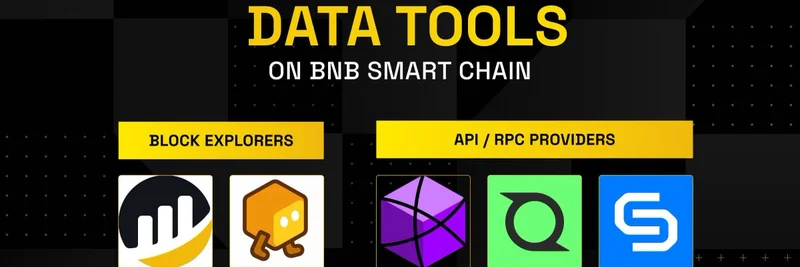In the fast-paced world of crypto, where trust is everything, a recent tweet from @0xngmi has reignited the conversation around prediction markets. For those new to the scene, prediction markets are platforms where users bet on the outcomes of real-world events, like elections or sports, using money to back their forecasts. They're like a crystal ball powered by crowd wisdom, but with real stakes involved.
The tweet in question quotes a post from @nikokampouris, who calls out Kalshi for what he sees as shady tactics during the election cycle. Nikokampouris, a Uniswap team member, didn't mince words: "sorry but kalshi lost all respect after their coordinated polymarket propaganda tour during the election cycle... im team polymarket because I’m team crypto." This sets the stage for @0xngmi's punchy comparison.
Here's the core of @0xngmi's take: "polymarket: onchain, uses immutable contracts, everything is transparent (including the uma whale stuff llamao) kalshi: trust me bro, same as a CEX one seems much more compelling than the other imo." Let's break this down simply. Polymarket runs on blockchain technology—specifically, it's built on Polygon, a layer-2 scaling solution for Ethereum. Being "on-chain" means all transactions and bets are recorded publicly on the blockchain, making everything verifiable by anyone. Immutable contracts? That's smart contract lingo for code that can't be changed once deployed, reducing the risk of foul play.
On the flip side, Kalshi is a more traditional platform, regulated by the CFTC (Commodity Futures Trading Commission) in the US. It's centralized, much like a crypto exchange (CEX) such as Binance, where you have to trust the operators not to mess with your funds or data. The "trust me bro" vibe is a common crypto jab at systems that lack transparency.
The "uma whale stuff" reference? UMA is the protocol Polymarket uses for resolving disputes in its markets. There was some drama involving large holders (whales) influencing outcomes, but because it's all on-chain, the community could see and discuss it openly. That's the beauty of transparency—it turns potential scandals into learning moments.
This debate isn't just Twitter banter; it highlights a bigger shift in crypto. Platforms like Polymarket align with DeFi principles: decentralization, transparency, and user sovereignty. In a world where meme tokens thrive on community hype and rapid information flow, these qualities are gold. Imagine betting on the next big meme coin pump or a viral trend—Polymarket's model lets you do it without wondering if the house is rigging the game.
Replies to the tweet echo this sentiment. One user praises Polymarket's user experience, noting it's friendly even for non-crypto folks. Another calls out centralized products as backed by "clowns," while a skeptic worries about decentralization's downsides, like lack of accountability if things go wrong.
At Meme Insider, we see this as part of the broader meme economy. Meme tokens often ride waves of speculation, and prediction markets could supercharge that by letting holders bet on their favorites' success. Polymarket's on-chain approach fits perfectly with the trustless ethos that birthed memes like Dogecoin or newer Solana-based hits.
If you're dipping into crypto betting, start with Polymarket (polymarket.com) for that true DeFi feel. Kalshi (kalshi.com) might appeal if you prefer regulatory oversight, but as @0xngmi points out, transparency often wins the day in our space.
For more insights on how blockchain tech is reshaping finance and memes, stick around Meme Insider. We've got the latest on tokens, trends, and tools to level up your game.


